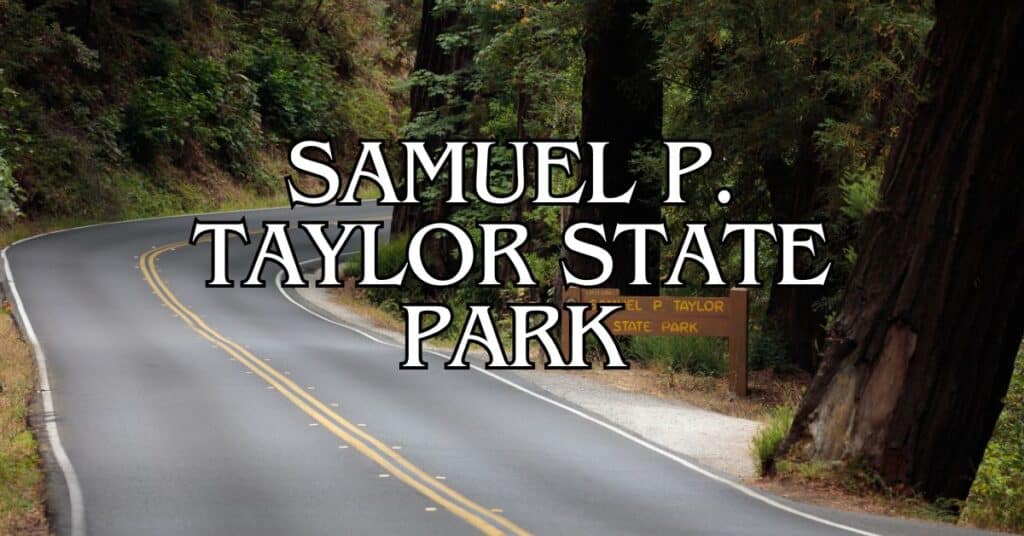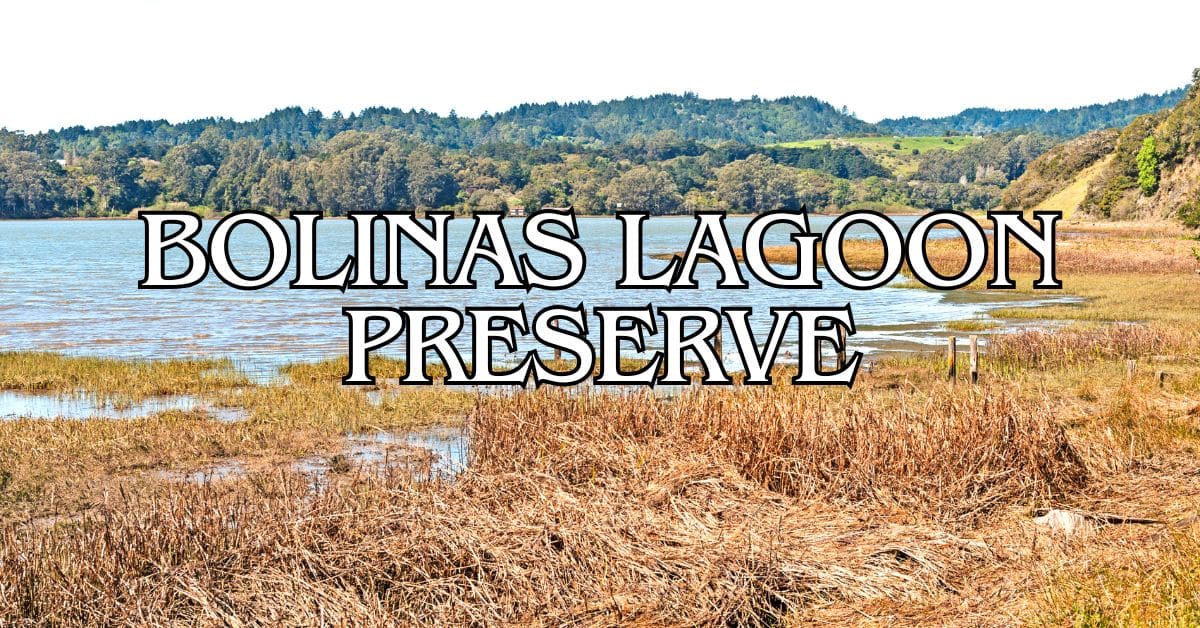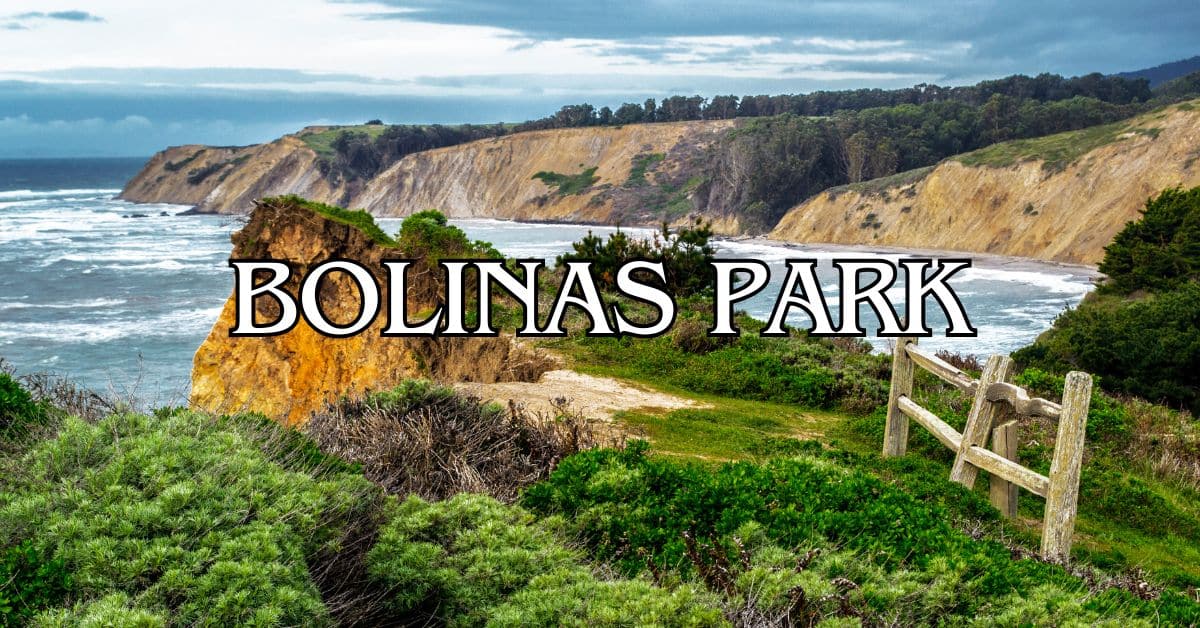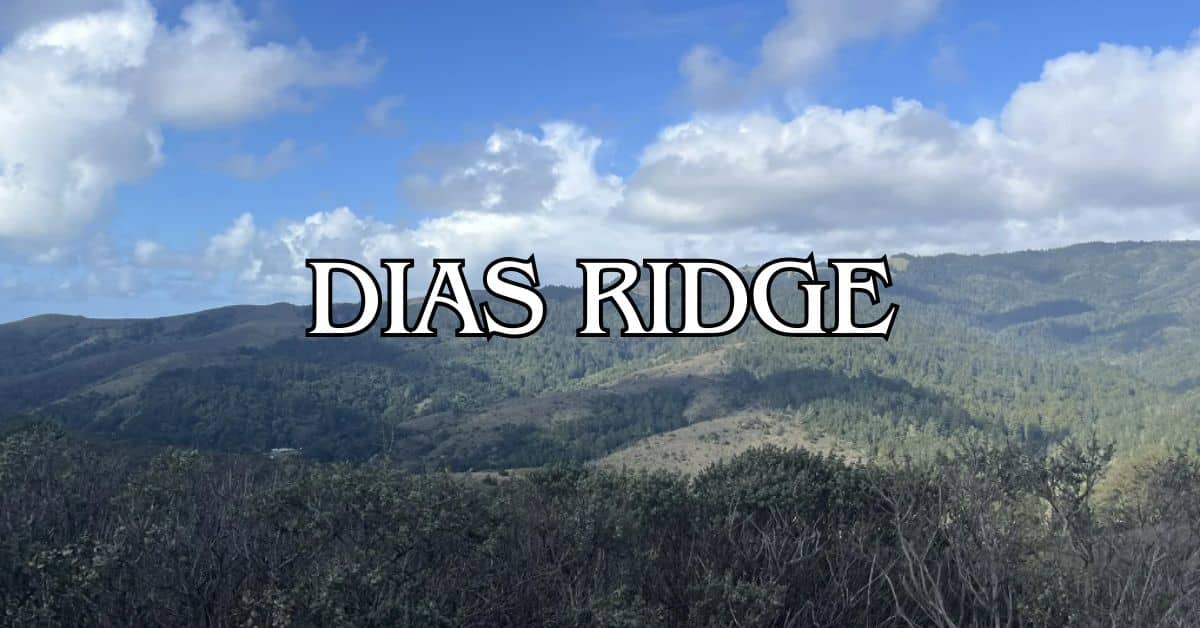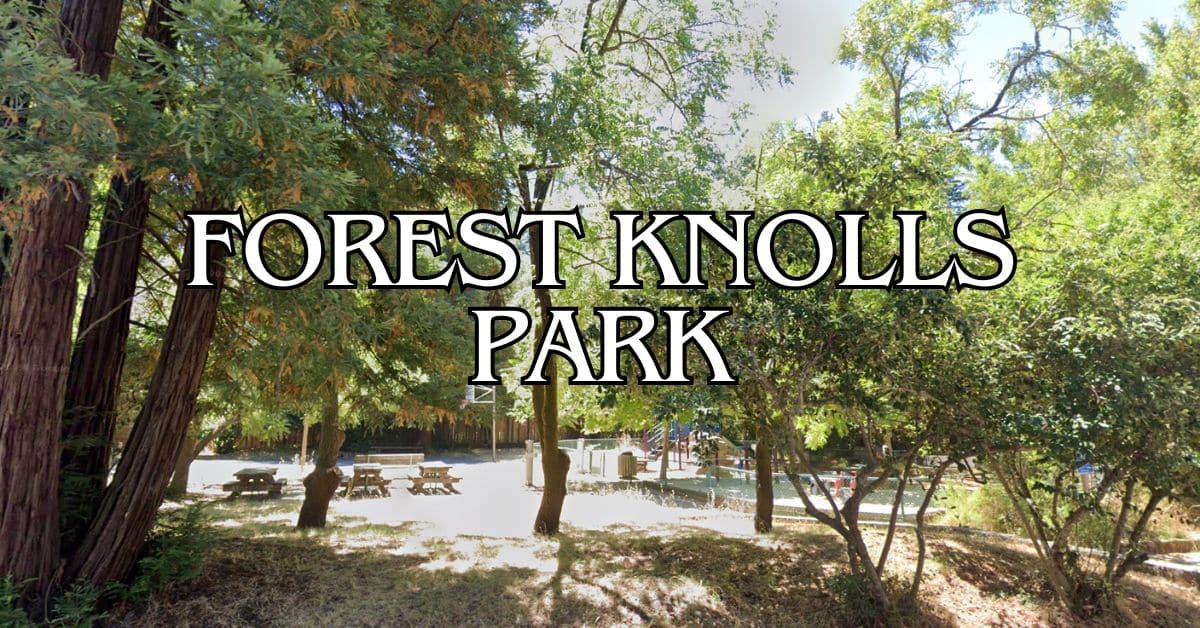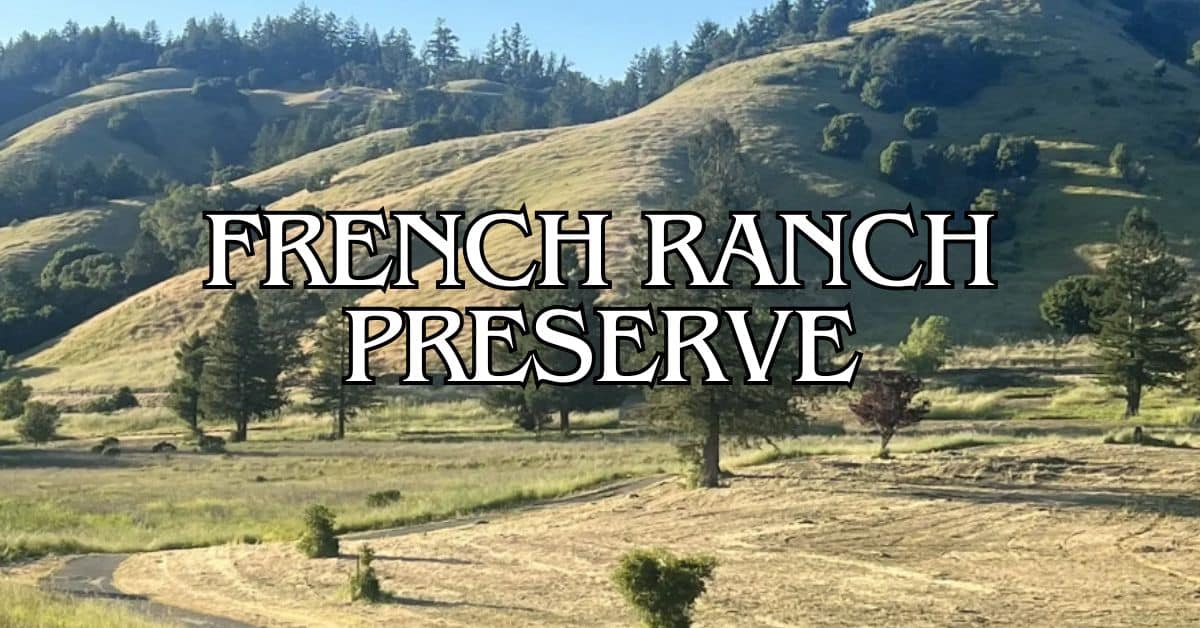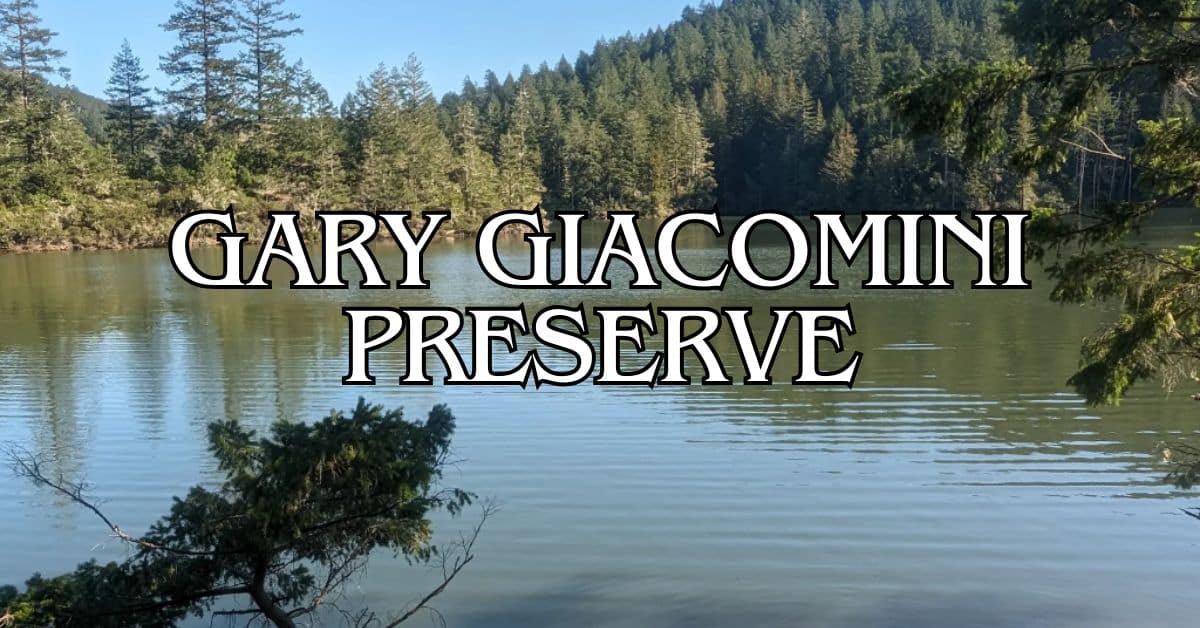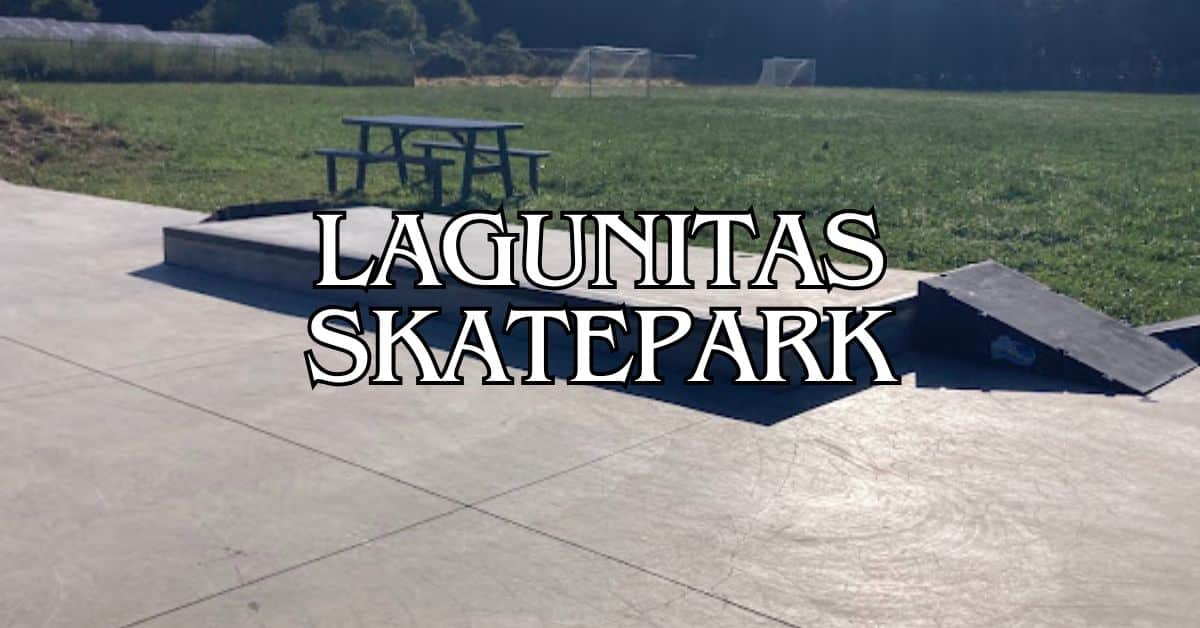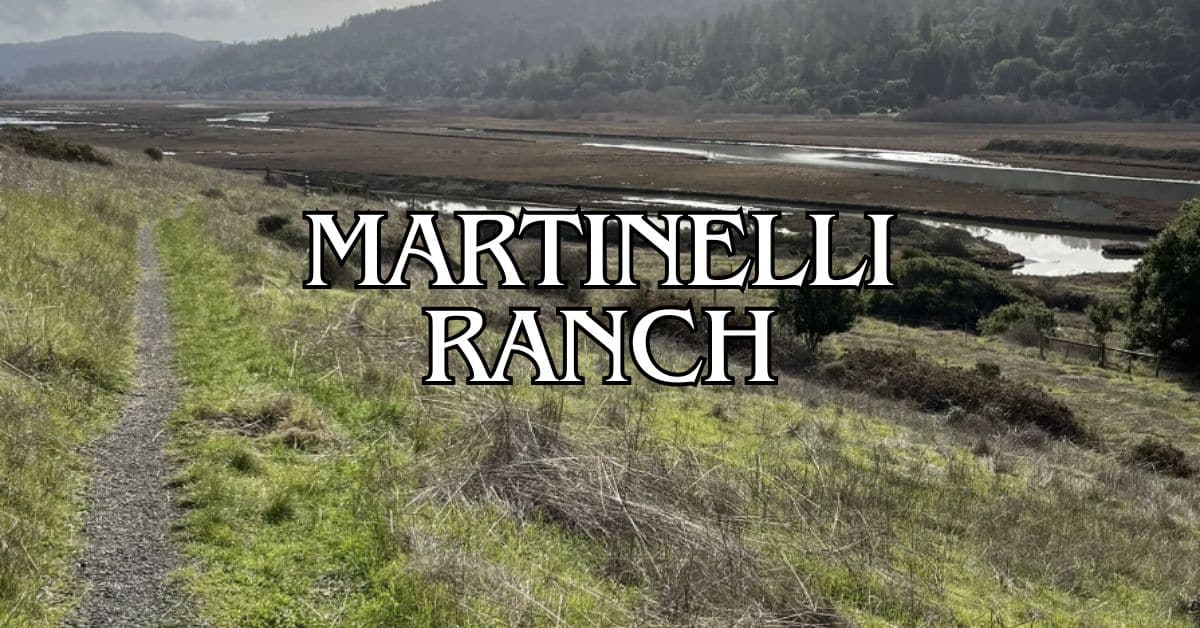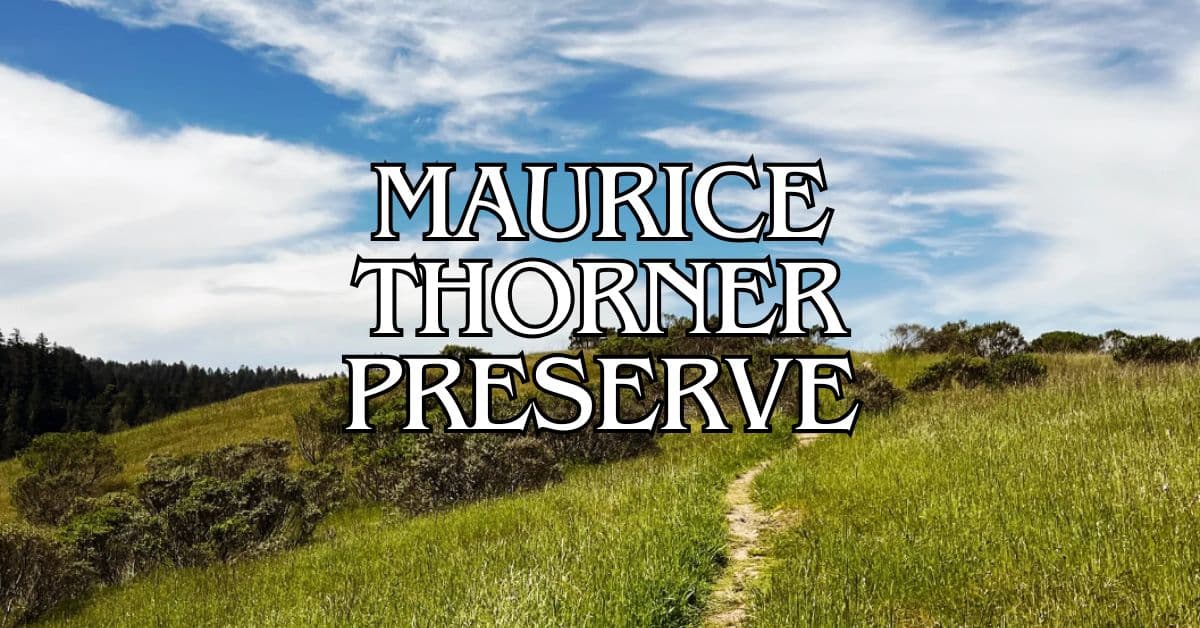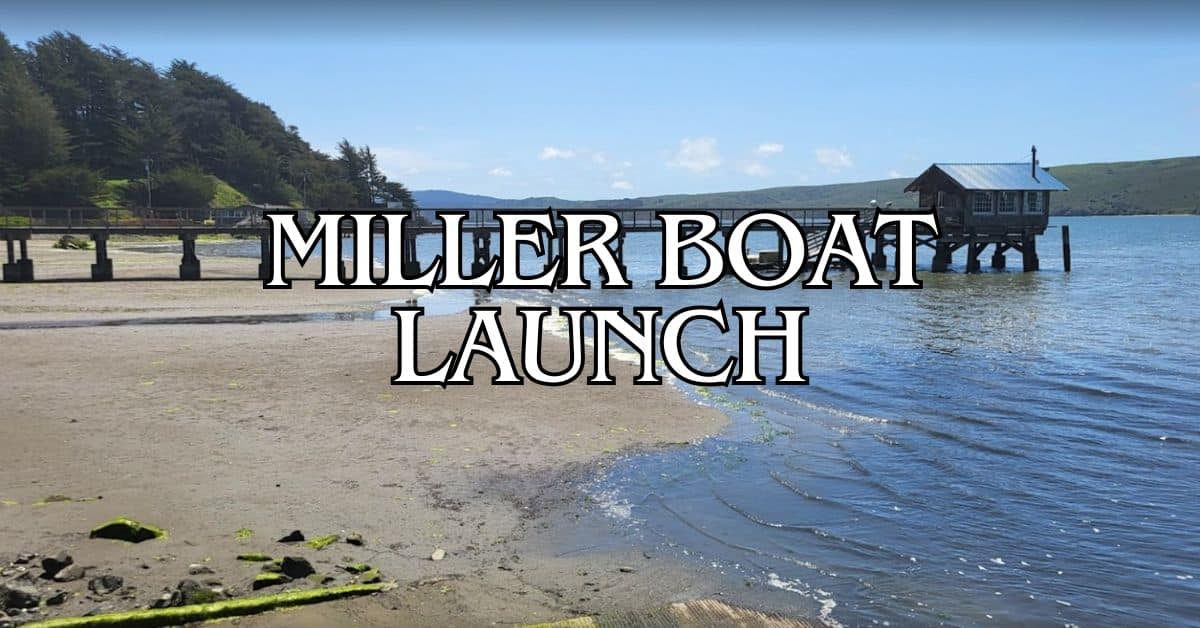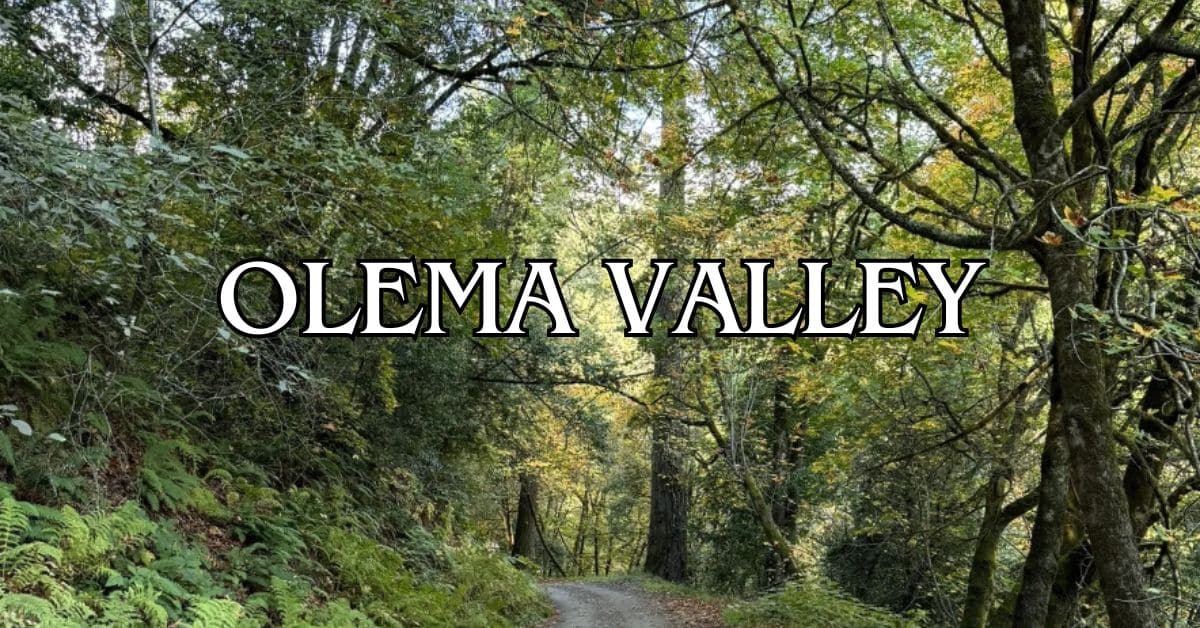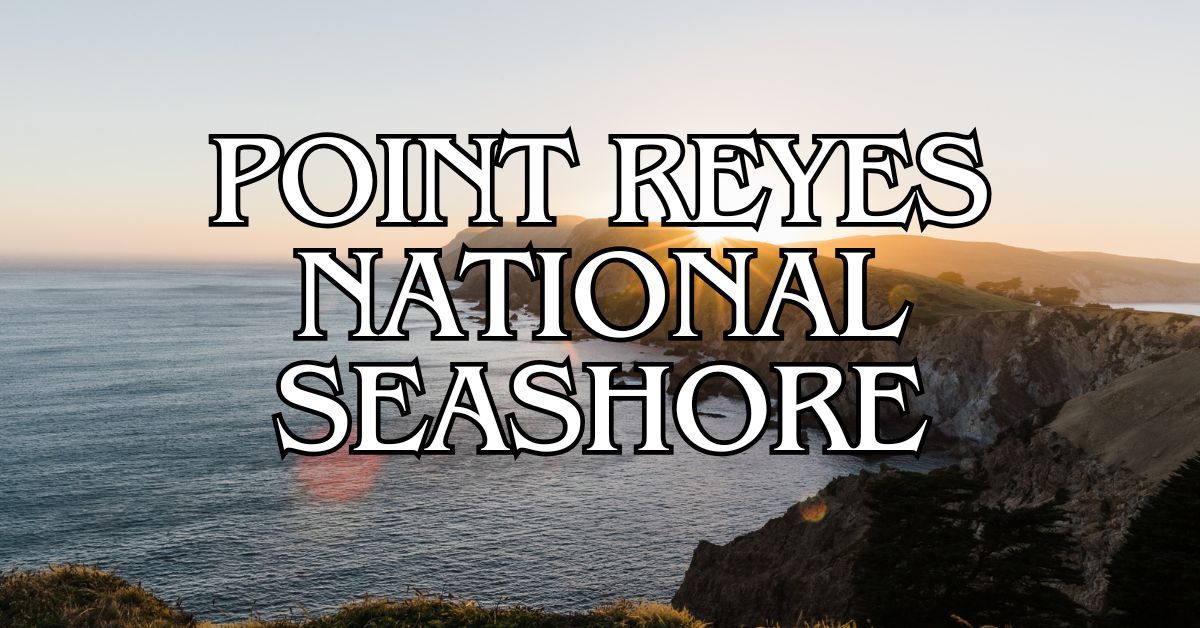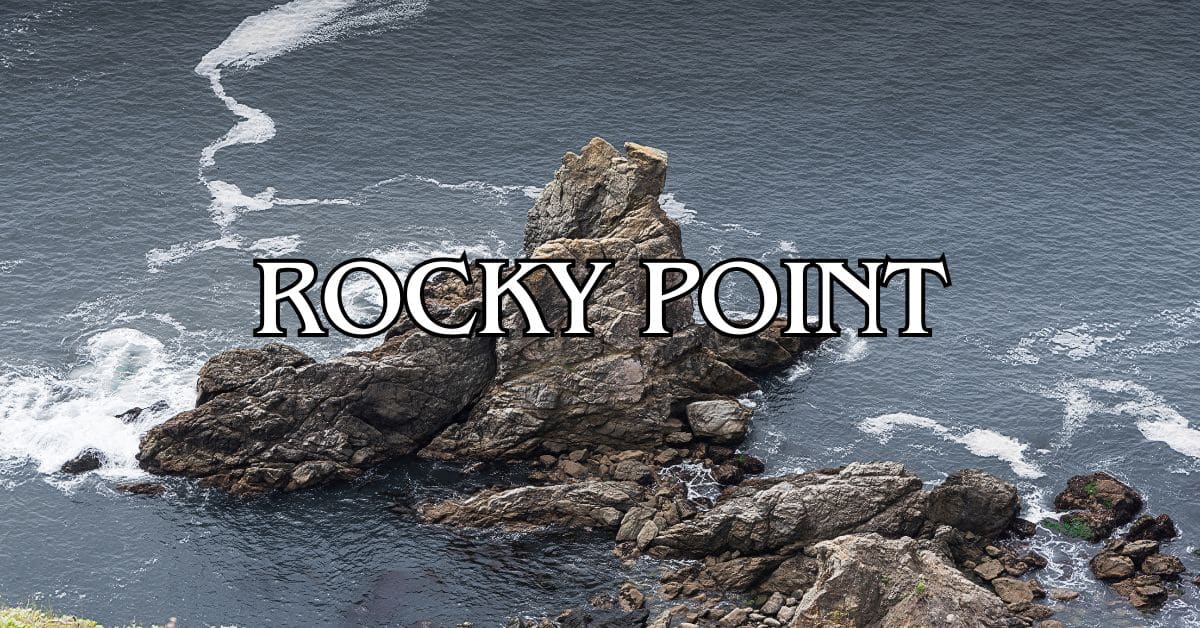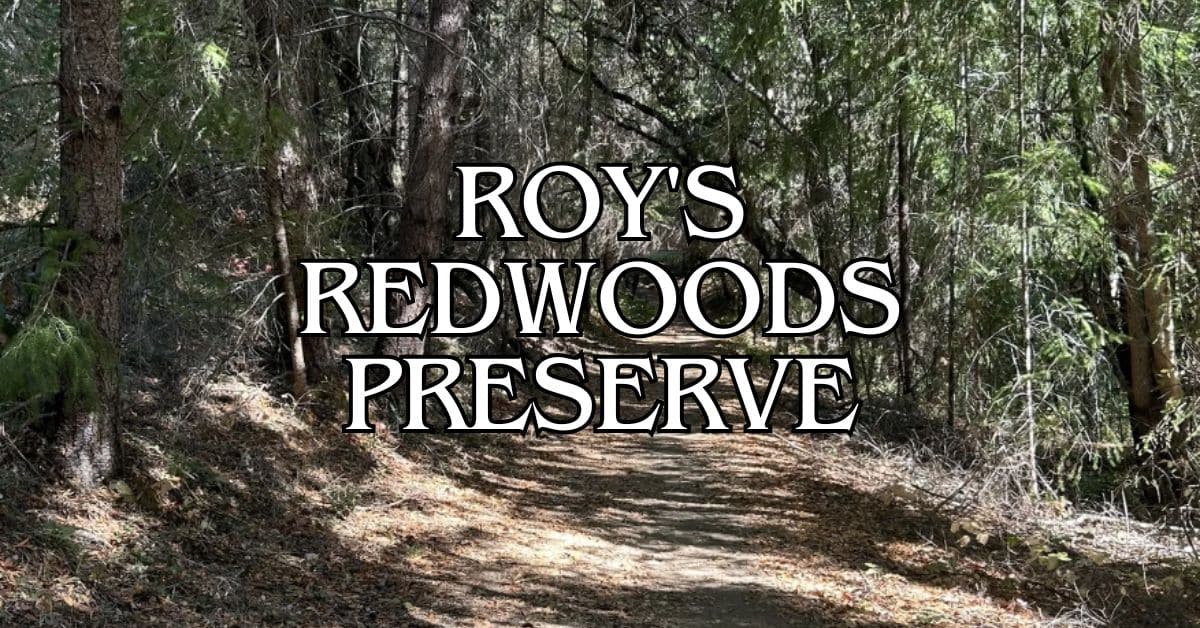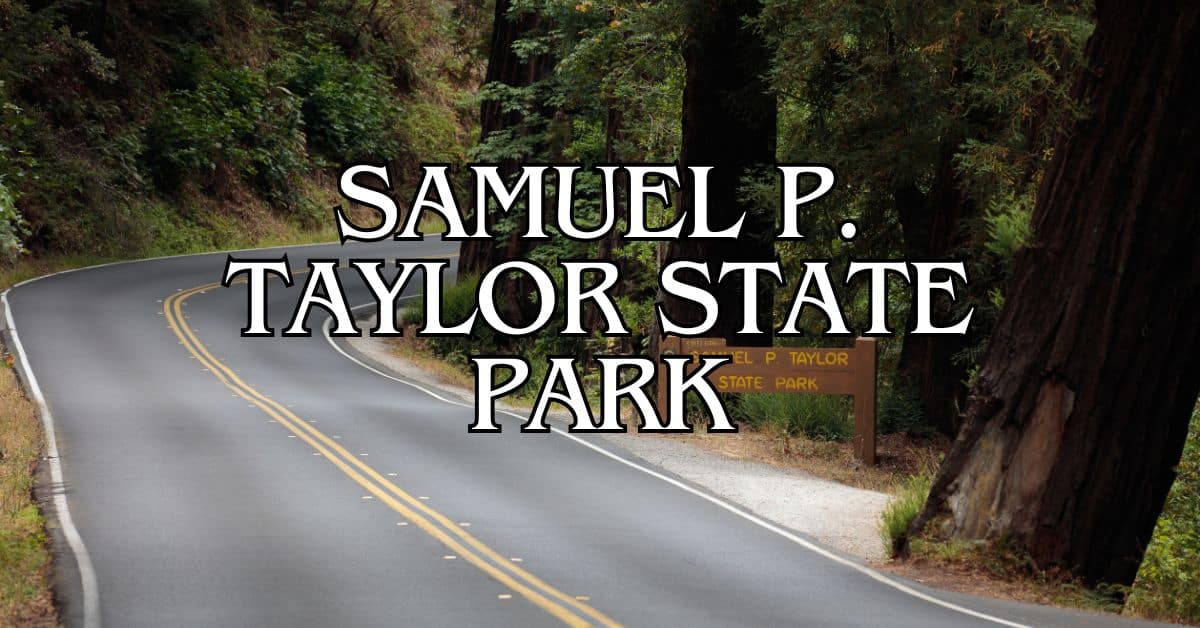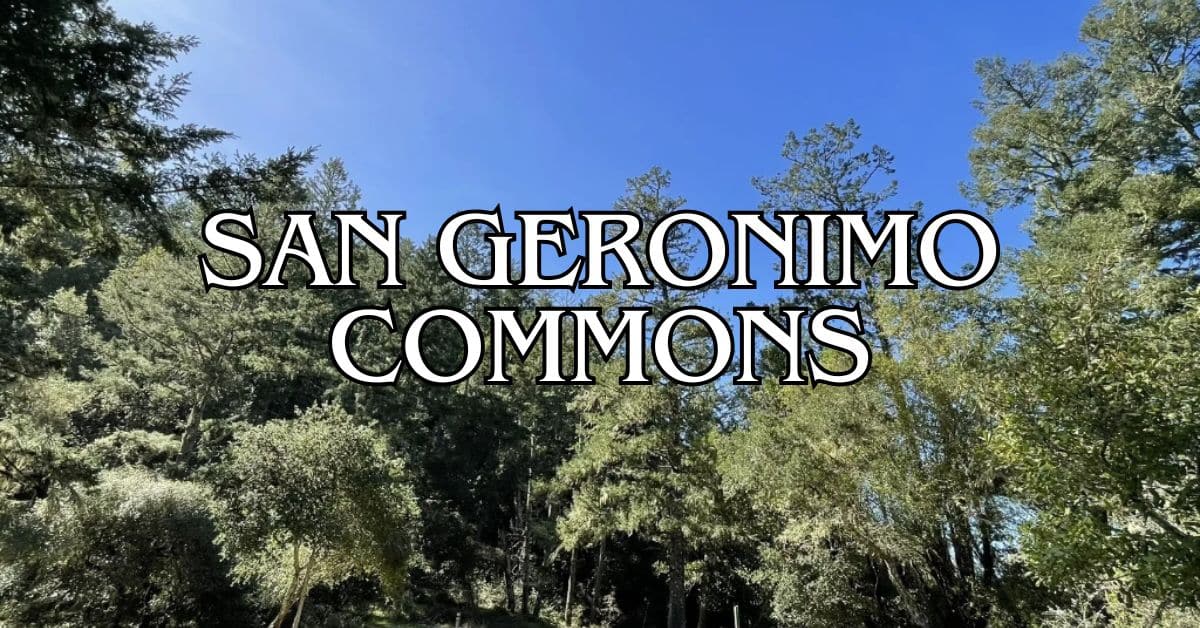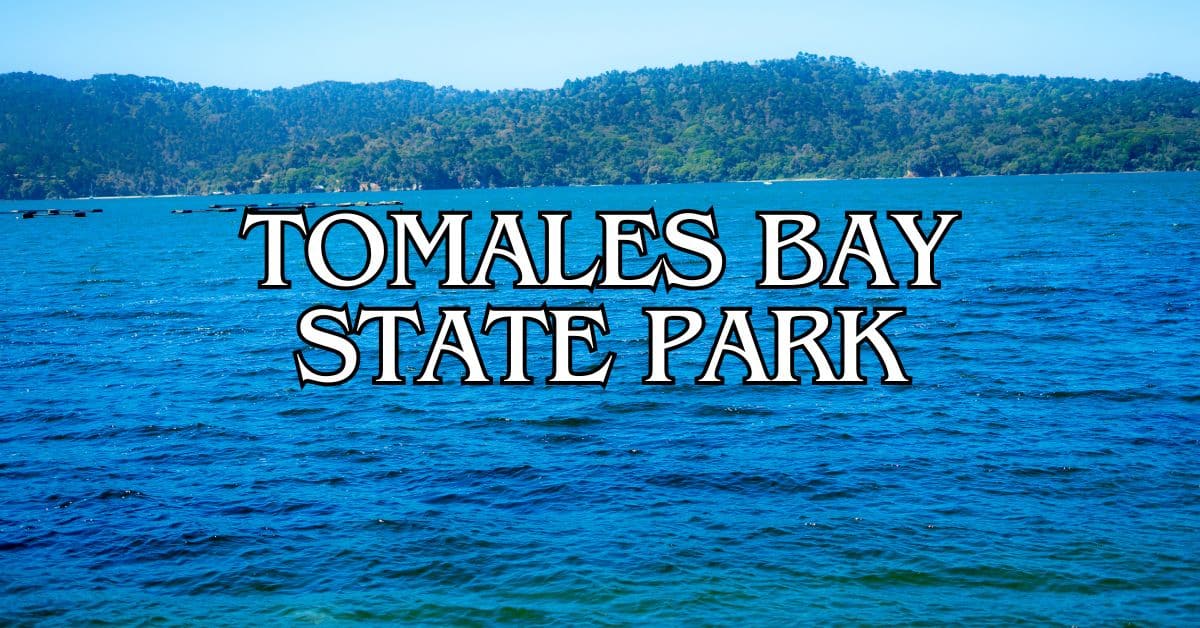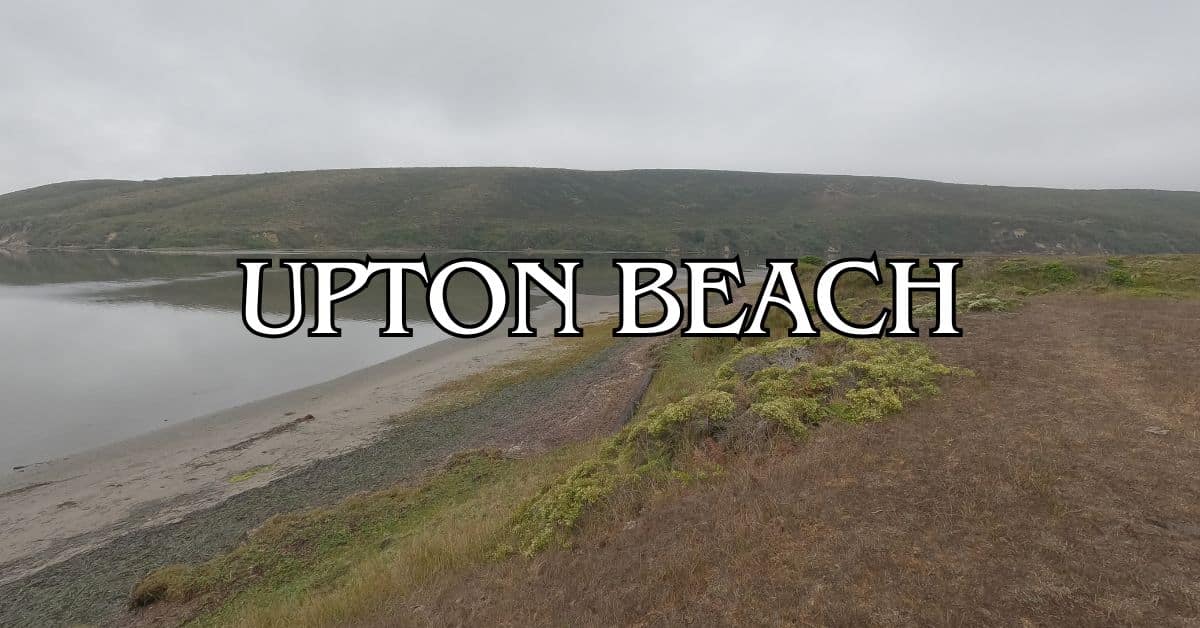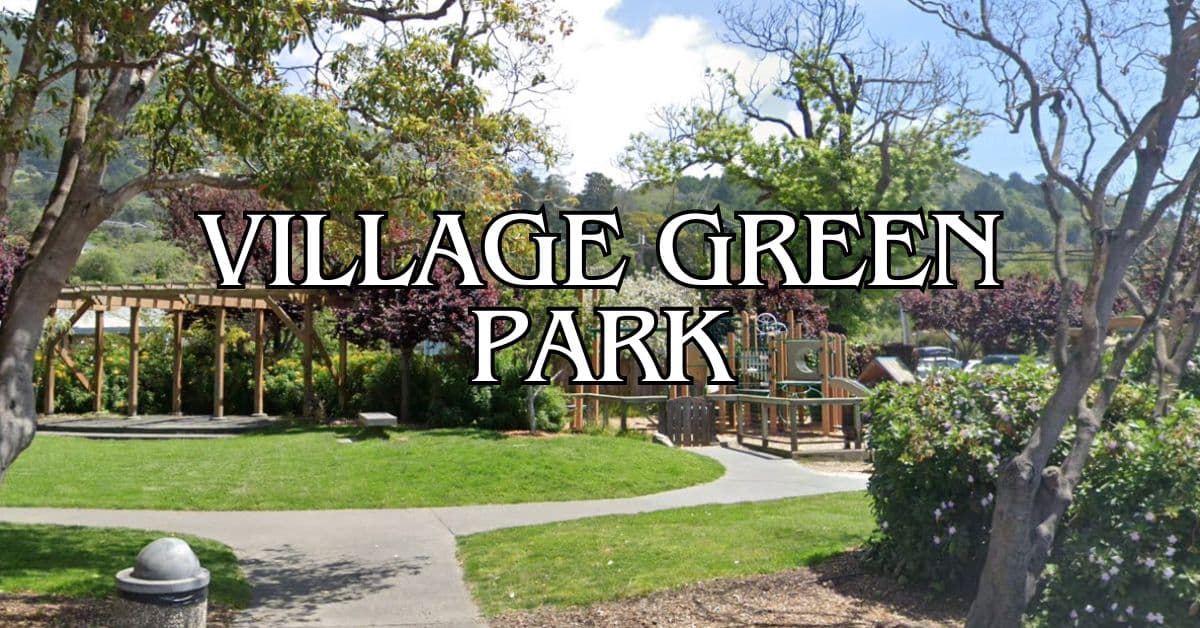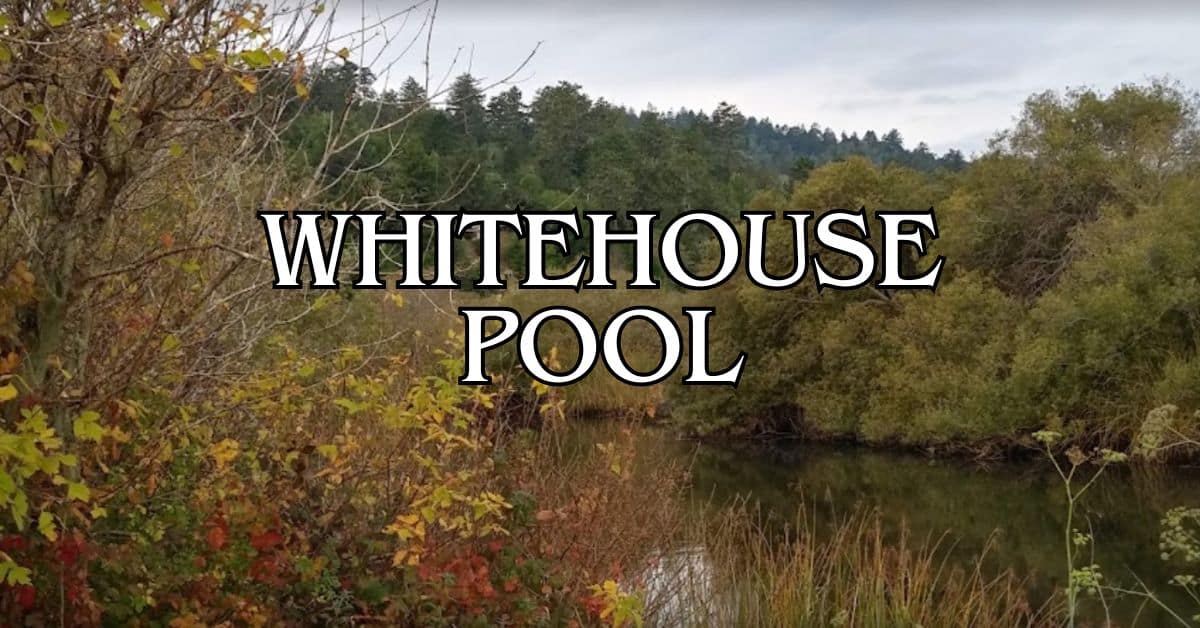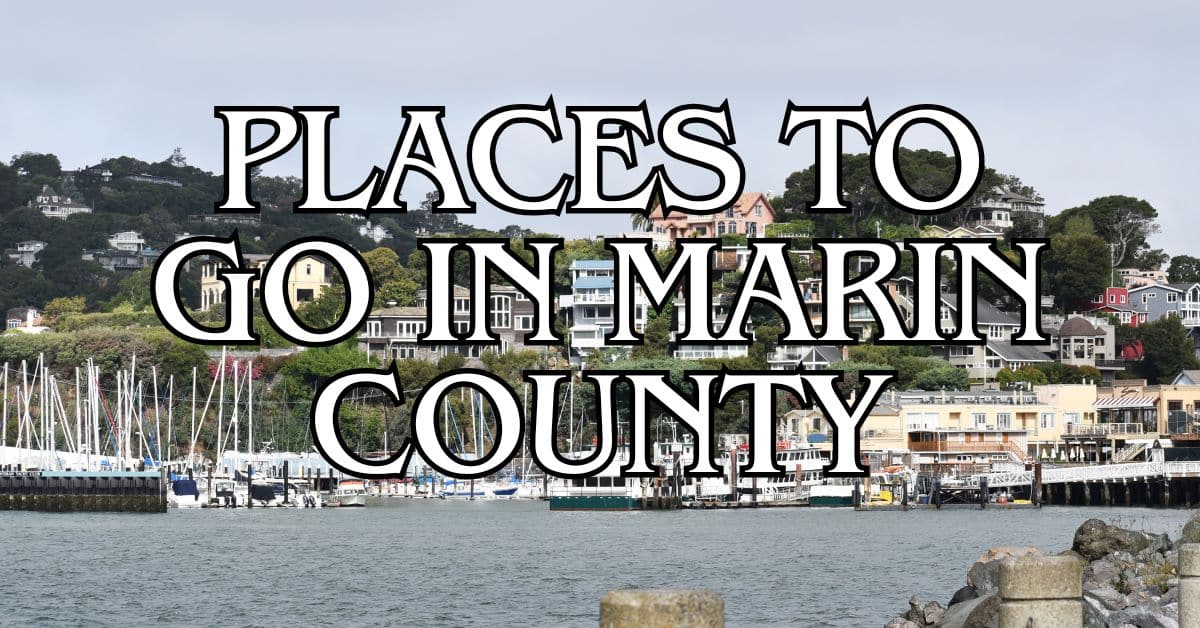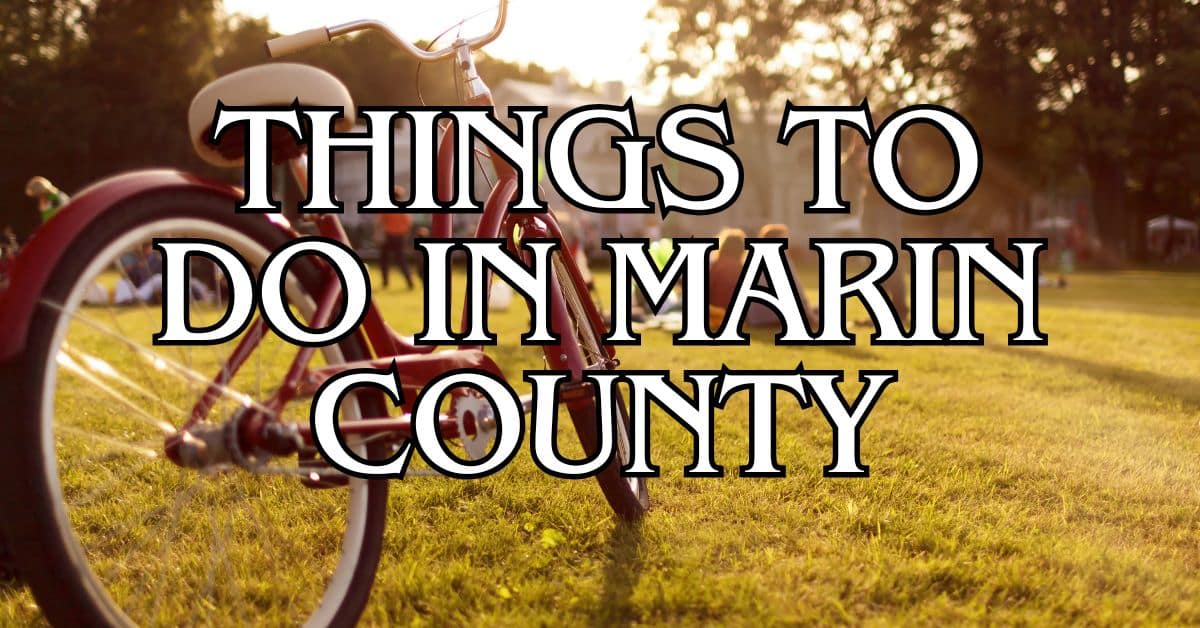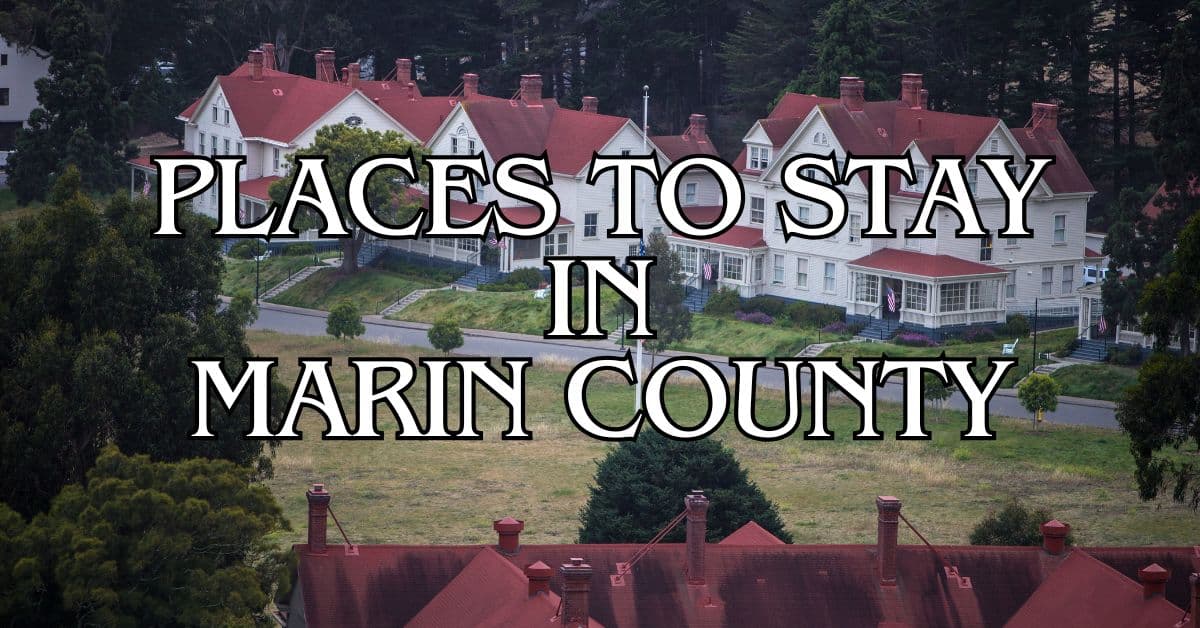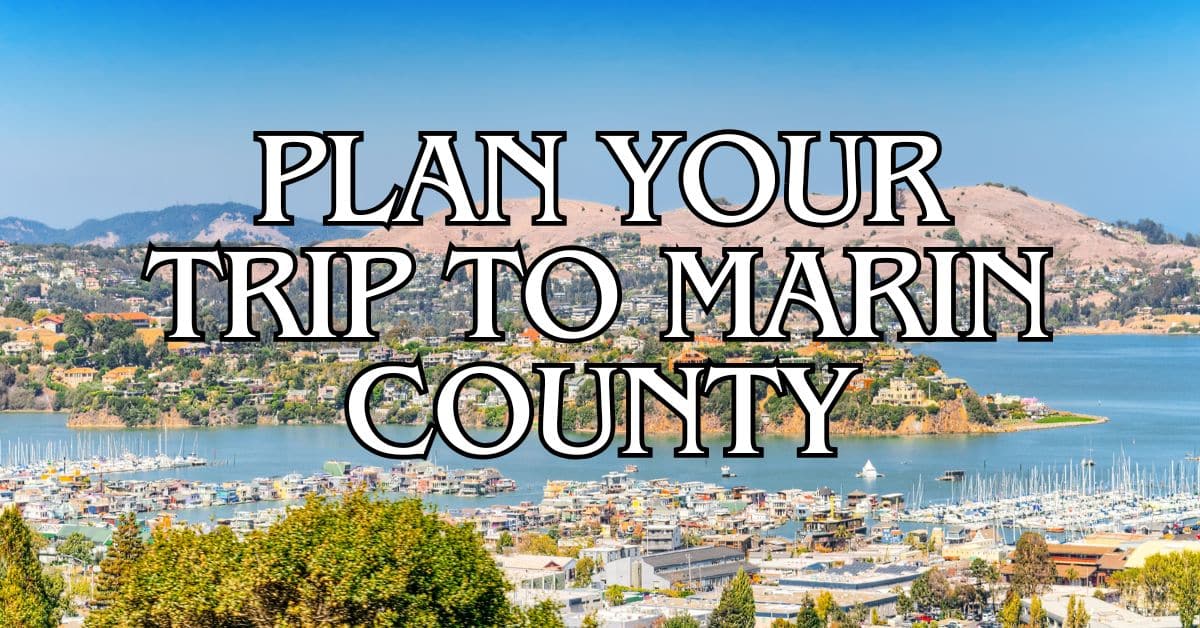Tucked away in west Marin County, Samuel P. Taylor State Park offers 2,882 acres of natural beauty just a short drive from the Bay Area. This hidden gem blends accessible recreation and peaceful wilderness, making it a sweet spot for day trips or overnight escapes. You can camp beneath redwoods, bike along the creek, or wander hiking trails that range from mellow to a bit more ambitious.
Catch glimpses of salmon spawning in the creek, kick back in shady picnic areas, or head deeper into the park’s network of trails. Looking for family-friendly camping or just a quick escape from city life? This park delivers that classic California outdoor vibe.
Discover hand-picked hotels and vacation homes tailored for every traveler. Skip booking fees and secure your dream stay today with real-time availability!
Browse Accommodations Now
History buffs can dig into the park’s past, while nature lovers get a colorful mix of redwood forests, grasslands, and those rolling Marin hills. The main areas are easy to access, so the park feels welcoming for everyone, but if you want real solitude, just wander a bit farther—there’s plenty of room to roam.
Location and Getting There
Samuel P. Taylor State Park sits in the wooded countryside of western Marin County, about 15 miles west of San Rafael. You’ll find it easily by car via main roads—no off-roading required.
Directions from San Francisco
Head north from San Francisco on Highway 101, cross the Golden Gate Bridge, and keep going for about 20 minutes. Take the exit for Sir Francis Drake Boulevard at Greenbrae or San Anselmo.
Hang a left onto Sir Francis Drake and drive west for roughly 15 miles. The trip from San Francisco usually takes 45-60 minutes, give or take, depending on traffic.
Watch for signs to “Camp Taylor” if you’re camping or picnicking—the main address is 8889 Sir Francis Drake Boulevard in Lagunitas.
On summer weekends, parking fills up fast—arrive early if you can swing it. Weekdays are quieter and easier for parking.
Nearby Towns and Attractions
Several small towns surround Samuel P. Taylor State Park, each with its own flavor. Point Reyes Station, about 9 miles northwest, has restaurants, shops, and bakeries—great for picking up supplies.
Bolinas and Stinson Beach are southwest, with classic coastal scenery and quirky beach-town energy. Both are about 30-40 minutes away by car.
Lagunitas, Forest Knolls, and Woodacre are just east of the park. These tiny towns offer basics like gas and small markets.
A lot of folks combine a park visit with a trip to Point Reyes National Seashore, which is only about 15 minutes farther west. It’s an excellent day trip or a full weekend getaway from San Francisco.
Access via Sir Francis Drake Blvd
Sir Francis Drake Boulevard is your main route to the park, winding along Lagunitas Creek through Marin’s hills.
The road’s in good shape, but it gets twistier as you head west. If you’re driving an RV or pulling a trailer, take it slow, especially near the end.
During weekday commutes, expect some traffic near San Anselmo and Fairfax. Past those towns, it opens up.
Multiple entrances connect to Sir Francis Drake. The main entrance has clear signage and a kiosk for entrance fees ($8-10 per vehicle in 2025).
Park Overview and Natural Beauty
Samuel P. Taylor State Park covers nearly 2,900 acres of varied terrain in western Marin. The park brings together rich history and striking natural features—honestly, it’s a spot that keeps surprising you.
Redwood Forests and Groves
The coast redwoods here are the real showstoppers. These giants are centuries old, with reddish bark and a thick carpet of needles underfoot. The Pioneer Tree Trail is an easy 2-mile loop through second-growth redwoods—ideal for families or anyone wanting a mellow walk.
On hot days, the dense groves feel like natural air conditioning. Depending on the season, you’ll spot ferns, mushrooms, and wildflowers on the forest floor.
It’s surprisingly quiet under the canopy. The trees swallow up sound, leaving you with just the hush of the woods.
Lagunitas Creek and Water Features
Lagunitas Creek winds through the park, adding scenery and a bit of adventure. The creek is known for seasonal coho salmon and steelhead runs (December to February if you’re lucky).
You can reach the creek easily from picnic spots or trails. In summer, the shallow areas are good for wading and cooling off.
Swimming isn’t really a thing here—currents and debris can be unpredictable. Fishing’s allowed with a license during certain seasons.
The creek’s banks are great for wildlife spotting. You might see:
- River otters
- Great blue herons
- Wood ducks
- Western pond turtles
The sound of water makes the forest feel even more peaceful.
Scenic Drives and Views
Getting to Samuel P. Taylor on Sir Francis Drake Boulevard is half the fun—views of rolling hills and forests pop up along the way. Inside the park, the main road leads to picnic areas and trailheads.
If you want jaw-dropping vistas, try the Barnabe Peak Trail. It’s a tough 3-mile climb, but you’ll get panoramic views of:
- Point Reyes National Seashore
- Tomales Bay
- Mount Tamalpais
- On clear days, San Francisco Bay
Photos turn out best early or late in the day when the light’s soft and animals are moving around.
The Bolinas Ridge Trail is easier, with open grassland views—especially nice in spring when wildflowers are everywhere.
Top Hiking Opportunities
Samuel P. Taylor State Park has a handful of trails that really show off its variety—from redwood groves to big ridge views. There’s something for almost everyone.
Best Hiking Trails
The Pioneer Tree Trail is a crowd-pleaser if you want a gentle walk through old-growth redwoods. It’s a 2-mile loop, easy for families and beginners, with almost no climbing. Some of the park’s oldest trees line this path.
Find the perfect hotel or vacation rental. Instant booking, no fees!
View Top Stays
North Creek Trail is another good choice—less crowded, shaded, and follows a quiet stream.
If you want something longer, the Cross Marin Trail runs along an old railroad grade. It’s flat and wide, good for walking or biking, and follows Lagunitas Creek. If it’s spawning season, you might even spot salmon.
Most trails are kept in good shape, and you’ll find signs with info about the park’s plants and history.
Barnabe Peak Trail
Barnabe Peak Trail is for those who want a challenge and a view. It’s a 7-mile loop with about 1,500 feet of climbing, topping out at 1,466 feet.
Start near the campground and follow the fire road up. You’ll move from shady redwoods into open grasslands as you climb.
Highlights:
- Wide views of Marin County
- Landmarks like Mount Tamalpais and Point Reyes
- A fire lookout tower at the top
- Wildflowers in spring
Plan for 3-4 hours. Bring more water than you think you’ll need—there’s none on the upper stretches, and it gets hot after the fog burns off.
Devil’s Gulch Trail
Devil’s Gulch is a quieter 5-mile hike through different habitats. The trail follows a creek through a narrow canyon and then climbs up to meet Barnabe Peak Trail.
It starts at the back of the park near the group campground. You’ll cross wooden bridges, pass ferns and redwoods, and maybe spot some wildlife.
Look for:
- Deer in the meadows
- Birds up in the trees
- Salamanders at creek crossings
The trail gets steeper but stays doable for most hikers. If you’re after solitude, this is one of the better spots in the park.
In winter and spring, the creek runs stronger and you’ll see little waterfalls along the way.
Camping at Samuel P. Taylor State Park
Camping here means peaceful sites under the redwoods—a real break from the city, and just about an hour from San Francisco. The campground gets busy, especially in summer.
Campground Details
Set along Lagunitas Creek in a redwood grove, the campground has 59 standard campsites scattered across the park’s woods. Each site has:
- Picnic table
- Fire ring
- Food locker
- Access to restrooms with flush toilets
- Hot showers (bring tokens)
Campsites are grouped in sections—some are better for RVs, others are tent-only. Most have good privacy thanks to thick vegetation.
Generators are allowed but only from 10am-8pm. There are accessible sites for those with mobility needs. Site sizes vary, so double-check if you’ve got a big setup.
Tents, Cabins, and Rates
You’ve got options:
Tent Camping:
- Standard sites: $35/night
- Premium creek-side: $40/night
- Group sites for bigger parties
Cabins:
- Newer cabins with basics
- More privacy than tents
- Higher rates ($100-120/night)
RV Sites:
- No hookups
- Limited space for big rigs
- Same price as tent sites
All overnight guests pay an extra vehicle fee. Day-use parking runs $8 if you’re just visiting. Dogs are welcome at the campground (leashed) but not on most trails.
Booking Information
Reservations are a must for summer and weekends—sites fill up fast. You can book up to 6 months ahead.
How to reserve:
- Go to ReserveCalifornia.com
- Call 1-800-444-7275
- Use the CA State Parks reservation system online
There’s a $7.99 service fee. In the off-season (November-March), a few sites might be first-come, first-served on weekdays, but honestly, don’t count on it.
Check-in is at 2:00 PM, check-out at noon. Max stay in summer is 7 nights, up to 15 in the off-season. Book as early as you can for holidays and summer weekends.
Park Facilities and Accessibility
Samuel P. Taylor State Park has enough facilities to keep things comfortable without spoiling the natural feel. They’ve tried to balance beauty with practical stuff, and there are options for visitors with mobility challenges.
Accessible Park Features
The park includes several features for those with mobility needs. There’s an accessible trail system with interpretive panels at historic sites, so you can learn about the park’s history without rough hiking. These trails are usually well-kept and let you experience the redwoods up close.
Accessible parking is available at the Azalea day use area and near the Redwood Grove. These spots make it easy to reach the park’s main highlights.
The park’s layout works for different abilities. Main gathering spots and some campsites are designed to be accessible, though the terrain can still vary quite a bit.
Restrooms, Showers, and Toilets
You’ll find clean restrooms spread throughout Samuel P. Taylor State Park. The main campgrounds have modern restrooms with flush toilets and hot showers. Showers use tokens, which you can buy at the entrance station for a small fee.
Day-use areas offer restrooms with flush toilets as well. Staff maintain and restock these facilities regularly, but if you show up on a packed summer weekend, expect a bit of a wait for showers—especially in the mornings and evenings.
Luxury stays to cozy cottages await, all with instant booking. Find the best deals!
Browse Marin Stays
If you’re visiting in winter, just know that some restrooms might have reduced hours or fewer services.
Picnic Tables and Quiet Hours
Picnic tables dot the day-use areas, especially near Papermill Creek. They’re great spots for a meal among the redwoods, and most have a grill nearby if you want to cook.
The main picnic area fits groups of different sizes, but you can’t reserve tables ahead of time. They fill up fast on weekends, so arriving early helps.
Quiet hours run from 10 PM to 6 AM. Park staff really do enforce this, so keep noise and generators off during those times. Sound bounces around the canyon, so even during the day, big groups need to watch the volume.
Firewood and Services
You can buy firewood at the park entrance for about $10 a bundle. Buying here helps keep pests out of the park—collecting wood inside the park isn’t allowed, so don’t be tempted.
They sometimes sell basics like ice and a few camping essentials at the entrance, but honestly, the selection is pretty limited. If you need more, Point Reyes Station is about 10 miles away and has way more options.
Cell service is pretty unreliable in the park, and there’s no Wi-Fi. It’s a good spot to just unplug for a bit.
Rangers are usually around at the entrance during the day if you’ve got questions or run into any issues.
Biking and Outdoor Activities
Samuel P. Taylor State Park is a favorite for cyclists and outdoor lovers, thanks to its scenic trails and gorgeous forest setting. Whether you’re just out for a casual ride or looking for something more challenging, there’s a route for you.
Popular Biking Routes
The Cross Marin Trail is the main draw for bikers. It’s a paved path along an old railroad grade—mostly flat, shaded by redwoods, and easy for all skill levels. Even on hot days, it’s pretty pleasant under those trees.
Bikes are only allowed on certain routes:
- Cross Marin Trail
- Fire roads
- Bill’s Trail (but only seasonally)
Single-track walking trails are off-limits for bikes, which helps keep things safe and the trails in good shape.
If you’re up for a longer ride, you can connect to Marin County’s broader cycling network—some say it’s the best mountain biking in California.
Water Activities and Creek Exploration
Lagunitas Creek winds through the park and is a magnet for visitors in warmer months. You can:
- Wade in the shallows
- Swim in marked spots
- Watch wildlife along the banks
The creek is home to coho salmon and steelhead trout, so it’s an important ecological area. Late spring to early fall is usually best for creek fun, when the water’s at a good level.
Lots of folks picnic by the creek, listening to the water and cooling off in the shade. It’s easy to see why—it just feels peaceful there.
If you go, please remember to follow Leave No Trace guidelines. The creek’s ecosystem is fragile and deserves some care.
Nearby Natural Wonders
Samuel P. Taylor State Park makes a great home base if you want to check out Marin County’s wild places. Within a short drive, you can hit the coast, hike mountains, or wander ancient forests—Northern California at its best.
Point Reyes National Seashore
Just 20 minutes west, Point Reyes National Seashore sprawls across 71,000 acres of protected coastline. You’ll find windswept beaches, rolling prairies, and thick forests.
Tomales Point is known for its Tule Elk Preserve—bring binoculars, especially during migration seasons, and you might spot some impressive wildlife.
Drakes Beach and Limantour Beach are gorgeous, and the water’s usually calmer there. The Point Reyes Lighthouse sits on a dramatic outcrop and is a prime spot for whale watching from January to April.
If you’re into wildlife photography, Point Reyes Safaris runs guided tours focused on spotting animals. Book ahead if you’re coming in summer—they fill up fast.
Mount Tamalpais State Park
Mount Tamalpais State Park is about 15 miles southeast and towers above Marin County at 2,571 feet. Locals call it “Mt. Tam,” and it’s famous for its 200+ miles of hiking trails.
From the East Peak visitor center, you can sometimes see all the way to the Sierra Nevada on a clear day—not bad. The Gravity Car Barn museum is a quirky stop that tells the story of the old tourist railway.
Every May and June, the Cushing Memorial Amphitheater hosts the Mountain Play, a tradition that’s been going for over a century. If you go, bring a picnic and show up early for a good spot.
The park’s redwood groves are cool and shady, especially nice when summer heats up. Pantoll Ranger Station is your best bet for trail maps and updates.
Muir Woods and Marin Headlands
Muir Woods National Monument is about half an hour south and protects an ancient redwood forest. Some trees there are over 250 feet tall and 800 years old—walking among them feels pretty magical.
Try visiting early or late to dodge the crowds and parking headaches. You’ll need a reservation for parking or the shuttle.
The Marin Headlands nearby offer sweeping coastal views, old military sites, and great hiking. Battery Spencer is a classic spot for Golden Gate Bridge photos.
Rodeo Beach is a bit quieter than city beaches, and its colorful pebbles are cool. The Marine Mammal Center and Point Bonita Lighthouse are both worth a stop, especially if you have kids or just like learning something new.
Historic and Cultural Attractions
There’s more to Samuel P. Taylor State Park than just redwoods and trails. The park preserves some fascinating history, from early industry to Gold Rush-era tourism, and connects to the broader cultural story of the region.
Historic Sites within the Park
Samuel P. Taylor built California’s first paper mill here back in the 1850s. If you walk the Pioneer Trail, you’ll see remnants of the old mill—look for foundation stones and signs explaining how he harnessed Lagunitas Creek for power.
The Camp Taylor Historic District has buildings from the late 1800s, when wealthy San Franciscans would escape the city by train to vacation here among the redwoods.
Don’t skip the “Pioneer Tree,” a huge old-growth redwood that somehow dodged the loggers. At nearly 300 feet tall, it’s a living monument to what the forest once looked like.
Golden Gate National Recreation Area
A short drive away, the Golden Gate National Recreation Area opens up even more history and scenery. This sprawling park covers 82,000 acres across three counties.
Point Reyes National Seashore, part of the network, has the Bear Valley Visitor Center, where you can dive into Coast Miwok history through exhibits and artifacts. The Coast Miwok lived here for thousands of years before Europeans arrived.
Fort Baker and Fort Cronkhite are old military sites now serving as museums and cultural centers. You can wander the grounds and imagine what life was like a century ago.
The Marin Headlands section includes historic lighthouses, like the Point Bonita Lighthouse from 1855, which still guides ships past the rocky coastline.
Nearby Attractions and Day Trips
Olema and Point Reyes Station have some lovely old Victorian buildings and a couple of small museums that dig into the area’s ranching past. If you’re up for a quick trip, these towns are close enough for a half-day wander.
Jack London State Historic Park sits about half an hour east, preserving the author’s legendary Beauty Ranch. You can poke around his old cottage and check out the haunting ruins of Wolf House—his dream home, which, heartbreakingly, burned down before he could move in.
Tomales is a little town that still feels rooted in its dairy farming days. You’ll spot historic creamery buildings, and the Tomales Regional History Center—tucked inside a former church—tells the story of the region’s agricultural backbone.
If you’re into maritime history, Bodega Bay is worth the drive. Every April, the Fisherman’s Festival takes over, celebrating the fishing industry that’s kept these coastal communities afloat for ages.
Find available hotels and vacation homes instantly. No fees, best rates guaranteed!
Check Availability Now
Bolinas Lagoon Preserve Travel Guide – Accessibility, Amenities, Activities, and More!
Bolinas Park Travel Guide – Accessibility, Amenities, Activities, and More!
Dias Ridge Travel Guide – Accessibility, Amenities, Activities, and More!
Forest Knolls Park Travel Guide – Accessibility, Amenities, Activities, and More!
French Ranch Preserve Travel Guide – Accessibility, Amenities, Activities, and More!
Gary Giacomini Preserve Travel Guide – Accessibility, Amenities, Activities, and More!
Lagunitas Skatepark Travel Guide – Accessibility, Amenities, Activities, and More!
Martinelli Ranch Travel Guide – Accessibility, Amenities, Activities, and More!
Maurice Thorner Preserve Travel Guide – Accessibility, Amenities, Activities, and More!
Miller Boat Launch Travel Guide – Accessibility, Amenities, Activities, and More!
Olema Valley Travel Guide – Accessibility, Amenities, Activities, and More!
Point Reyes National Seashore Travel Guide – Accessibility, Amenities, Activities, and More!
Rocky Point Travel Guide – Accessibility, Amenities, Activities, and More!
Roy’s Redwoods Preserve Travel Guide – Accessibility, Amenities, Activities, and More!
Samuel P. Taylor State Park Travel Guide – Accessibility, Amenities, Activities, and More!
San Geronimo Commons Travel Guide – Accessibility, Amenities, Activities, and More!
Tomales Bay State Park Travel Guide – Accessibility, Amenities, Activities, and More!
Upton Beach Travel Guide – Accessibility, Amenities, Activities, and More!
Village Green Park Travel Guide – Accessibility, Amenities, Activities, and More!
Whitehouse Pool Park Travel Guide – Accessibility, Amenities, Activities, and More!


